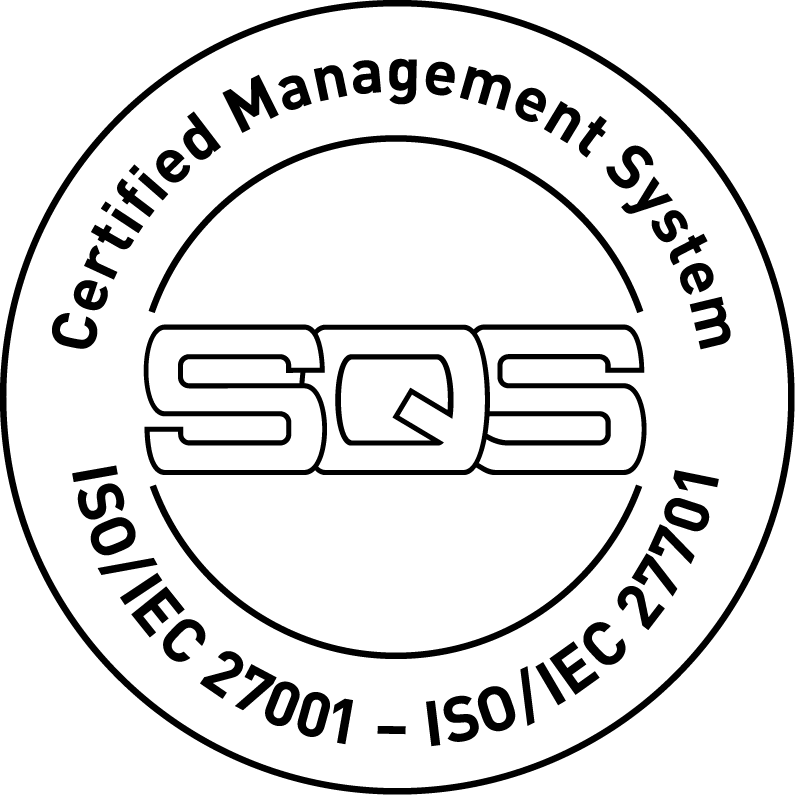
Alfred Bollinger has dedicated nearly 25 years to shaping and advancing medical coding in Switzerland. As the long-standing head of the coding department at the University Hospital of Zurich, he has always championed a rigorous yet deeply human approach to coding. Now an expert at Swisscoding, he shares his insights into the sector’s challenges, the limitations of the current system, and the potential of artificial intelligence.
What role does medical coding play in the overall functioning of a hospital today?
Medical coding is now a strategic pillar of hospital operations. It forms the link between healthcare professionals and financial management, ensuring that the services delivered are accurately translated into invoice-able data. For coding to be precise and compliant, it must be based on complete, high-quality medical documentation produced promptly. It is a demanding role that relies as much on technical expertise as it does on building trusted working relationships.
How have you seen it evolve since you started, both technically and organisationally?
When I began coding, we worked with around 3,600 procedure codes (CHOP) and a coding data set with a maximum of ten fields for diagnoses and procedures, barely enough to capture the complexity of services in an university hospital. Today, there are more than 23,000 procedure codes, data sets with virtually unlimited fields for diagnoses and procedures, and medical documentation has become far more extensive. This evolution demands advanced medical knowledge from both coders and clinical staff, particularly as the system changes annually with each SwissDRG update. What impresses me most is that young professionals today must master an immense body of knowledge that simply did not exist when I started.
What are the main requirements hospitals face today in terms of medical coding?
Invoicing is now directly tied to coding, placing hospitals under significant performance pressure. They must respond quickly to system changes, incorporate medical innovations, and adapt operations to annual SwissDRG adjustments. Changes that can turn a previously profitable service into a financial loss. Coding requires accurate, complete and timely medical documentation, which in turn demands a well-structured organization. Yet, in an environment of widespread deficits, hospitals struggle to invest in the necessary resources. Cutting coding staff to save in the short-term risks substantial revenue losses at year-end.
“This evolution demands advanced medical knowledge from both coders and clinical staff, particularly as the system changes annually with each SwissDRG update. What impresses me most is that young professionals today must master an immense body of knowledge that simply did not exist when I started.”
Alfred Bollinger, Medical Coding Specialist for Swisscoding
We understand coding requires specialised skills, but what about training today? Is there a structured pathway to become a medical coder?
There is currently no fully structured training programme in Switzerland for medical coders. A federal diploma exists, with an official examination, but there is no comprehensive, practical training path leading up to it. Courses offered by H+ and Swisscoding are valuable but often theoretical and, by their nature, can only cover a limited range of practical coding scenarios. Only large hospitals have the resources to train coders in-house over two to three years. Smaller facilities lack the time and budget to take on trainees, meaning they can only hire professionals who are already qualified, which greatly limits workforce renewal. Insurers and private companies active in coding or coding audit also rely on experienced, fully trained specialists, adding further pressure on the hospitals that do invest in training.
So with more staff, would the coding burden on hospitals be reduced?
Yes, but it’s not only a question of staffing levels. Investment in more advanced digital tools is also essential. For years, there has been talk of electronic medical records, structured documentation and data exchange between institutions, but progress has been slow. Today, much medical documentation cannot be processed automatically: it is often written in Word, is unstructured, and therefore cannot easily be read by a machine. To improve coding quality, we need to rethink the entire hospital information system – not just add staff – and invest in intelligent solutions that reduce manual workload and enhance quality.
In this sense, is AI a good way forward?
Yes, artificial intelligence is a promising path. It learns from real-world cases in large data sets and can suggest codes based on the available documentation. AI can already code straightforward cases – for example, in orthopaedics or obstetrics – automatically. This frees coders to focus on complex cases, support clinical teams in improving documentation, and contribute to the development of the coding tools themselves.
So AI could ultimately transform the coding profession?
Absolutely. With these new tools, the next generation of coders will have a very different role from mine. The whole system is going to change, and we need to prepare them for it. Even in retirement, I remain actively involved because this transformation matters to me. I work closely with Swisscoding’s developers to embed coding rules into the system, explain case scenarios, and ensure the AI learns correctly. I also contribute to various expert working groups.
What is your wish for the future of medical coding and the SwissDRG system?
I want medical coding to be recognized as a profession of strategic value, and for hospitals to allocate the financial and human resources it needs. I hope to see greater trust between all stakeholders – hospitals, coders, doctors and insurers. In recent years, mistrust has crept in, almost to the point of confrontation, when in fact everyone is working towards the same goals: quality care and accurate invoicing. If AI, through its neutrality and transparency, can help restore that trust, it will be a welcome development.
Related Posts

Meet the team Regina
We’re delighted to welcome Regina Hoffmeister, who recently joined the Swisscoding team to strengthen our coding presence in the German-speaking part of Switzerland.

Meet the team Marie
Marie Gargallo joined Swisscoding Technologies in September to contribute to the business development of our AI-powered coding solution, CODY.


